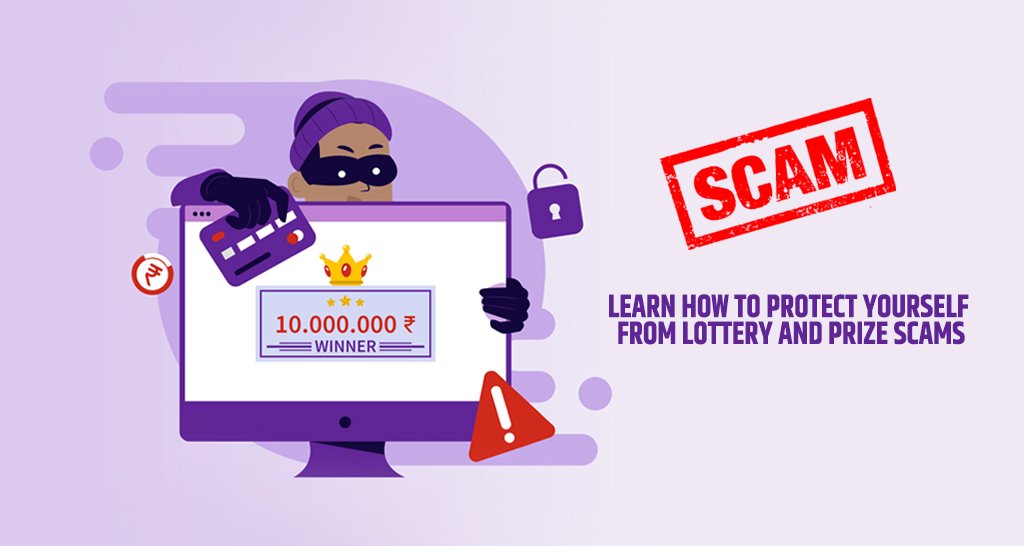Fake Lottery or Prize Scams
Fake Lottery or Prize Scams

Fake lottery or prize scams are deceptive schemes where fraudsters claim victims have won a lottery or prize they never entered. Typically, these scams start with unsolicited emails, phone calls, or social media messages informing the target of their "winnings." The messages often feature official-looking logos and documents to lend credibility. To claim the fake prize, victims are usually asked to provide personal information, pay upfront fees, or cover taxes. Scammers may request payment through wire transfers, prepaid debit cards, or other untraceable methods, making it difficult for victims to recover their money. Once the payment is made, the fraudsters often disappear, leaving the victim empty-handed. According to the Federal Trade Commission (FTC), these scams are prevalent, particularly targeting older adults, who may be more vulnerable to the allure of winning a prize. In 2020, consumers reported losing over $2 million to these scams, underscoring their financial impact. To protect themselves, individuals should be wary of unsolicited prize notifications, verify claims, and avoid sharing personal information. Reporting suspicious activity to local authorities or the FTC can help combat these scams
Prevention Tips
- 1Never pay any upfront fees to claim a supposed prize or lottery winnings
- 2Be skeptical of unexpected notifications claiming you've won a lottery you didn't enter
- 3Verify the legitimacy of any lottery or prize claim through official channels
- 4Never share personal or financial information with unknown contacts
- 5Ignore messages pressuring you to act quickly to claim a prize
- 6Check for grammatical errors or unprofessional communication
- 7Do not click on links or download attachments from unsolicited prize notifications
- 8Research the organization claiming to offer the prize
- 9Consult trusted friends or family before taking any action
- 10Report suspicious communications to local authorities or cybercrime units